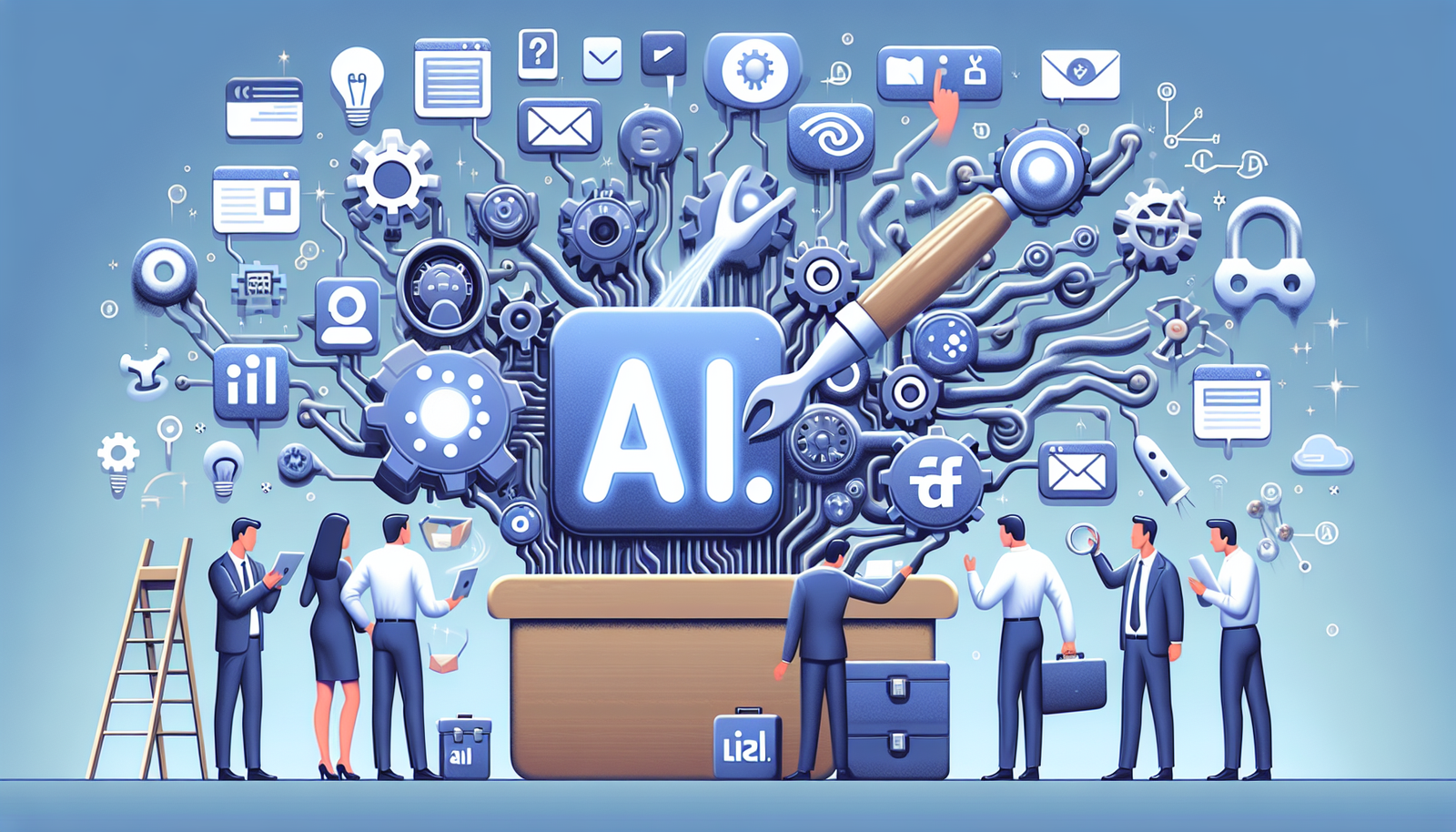Introduction: Why Build an AI-Powered B2B Marketing Funnel in 2025?
The B2B marketing landscape is changing rapidly, and in 2025, AI-powered funnels have moved from innovation to necessity. Businesses are under pressure to personalize experiences, shorten cycles, and increase conversion rates — and artificial intelligence (AI) offers the tools to deliver just that. According to Gartner, 70% of B2B marketers will operationalize AI by 2025 to optimize funnels and automate journeys.
AI and the evolving martech landscape
Martech stacks in 2025 integrate machine learning (ML), natural language processing (NLP), and predictive analytics. From chatbot-enabled nurturing to dynamic website content, AI plays a central role in orchestrating seamless buyer journeys across channels.
The importance of funnel automation and intelligence
AI enables real-time optimization across all funnel stages. Smarter targeting, automated lead qualification, and adaptive content delivery drive efficiency and performance in modern B2B marketing strategies.
Step 1: Map the B2B Customer Journey with AI
Understanding your ICP and buyer personas
Begin with a clearly defined Ideal Customer Profile (ICP). AI tools, such as Clearbit or ZoomInfo, can help refine persona assumptions using firmographic and technographic data.
Using AI to identify customer touchpoints and intent signals
Tools like 6sense or Demandbase use AI to detect anonymous website visitors and reveal buyer intent by analyzing engagement. These insights allow you to visualize buying committees and tailor campaigns accordingly.
Step 2: Align Content & Channels by Funnel Stage
AI content generation strategies for ToFu, MoFu, and BoFu
Use AI content tools like Jasper.ai or Writer to scale content creation according to each funnel stage:
- Top of Funnel (ToFu): SEO blog posts, explainer videos generated via AI tools
- Middle of Funnel (MoFu): Whitepapers and webinars personalized by industry or role
- Bottom of Funnel (BoFu): Case studies and comparison guides dynamically assembled for decision-makers
Channel optimization with AI analytics
AI-powered platforms like Adobe Sensei or Google Analytics 4 use user behavior predictions to allocate budget across email, paid social, organic, and direct outreach automatically.
Step 3: Lead Scoring, Nurturing, and Sales Enablement
Deploying AI-based lead scoring models
Traditional lead scoring has given way to predictive models powered by AI. These systems assess buying likeliness based on behavior patterns and cross-platform engagement.
AI-driven email sequences and chatbot nurturing
Dynamic email journeys adjust tone, frequency, and content based on AI interpretation of recipient actions. Chatbots trained on sales scripts qualify leads instantly, feeding data into your CRM.
Sales intelligence and CRM integration
Integrate tools like Gong, Salesforce Einstein, or Clari to empower sales reps with AI-driven insights — bringing visibility into customer readiness and recommended next steps.
Step 4: Funnel Analytics, A/B Testing, and Continuous AI Learning
Real-time analytics dashboards
AI platforms can combine funnel KPIs, lead quality metrics, and content performance into dashboards updated in real time. FullStory and Tableau offer intelligent visualizations with drill-downs.
Continuous testing and reinforcement learning
AI-based tools test everything — from CTAs to email subject lines — and learn continuously. Over time, the system evolves to recommend the most efficient funnel paths.
Metrics to monitor
- Lead-to-opportunity conversion rate
- Cost per MQL (marketing qualified lead)
- Campaign ROI by funnel stage
- Time-to-close
FAQ: Building AI B2B Marketing Funnels in 2025
Q1: Which AI tools are best for B2B lead scoring?
Platforms like 6sense, MadKudu, Infer, and Salesforce Einstein lead the market for predictive lead scoring.
Q2: Can AI personalize content across the full funnel?
Yes, tools like PathFactory, Drift, and Persado tailor CTAs, offers, and even messaging sequences on the fly based on user data.
Q3: What’s the ROI of an AI-powered B2B funnel?
McKinsey reports a 20% lift in ROI from AI personalization, and many B2B SaaS firms report 30–50% reductions in funnel drop-off rates after implementing AI journeys.
Focus Keyword: AI-powered B2B marketing funnel





